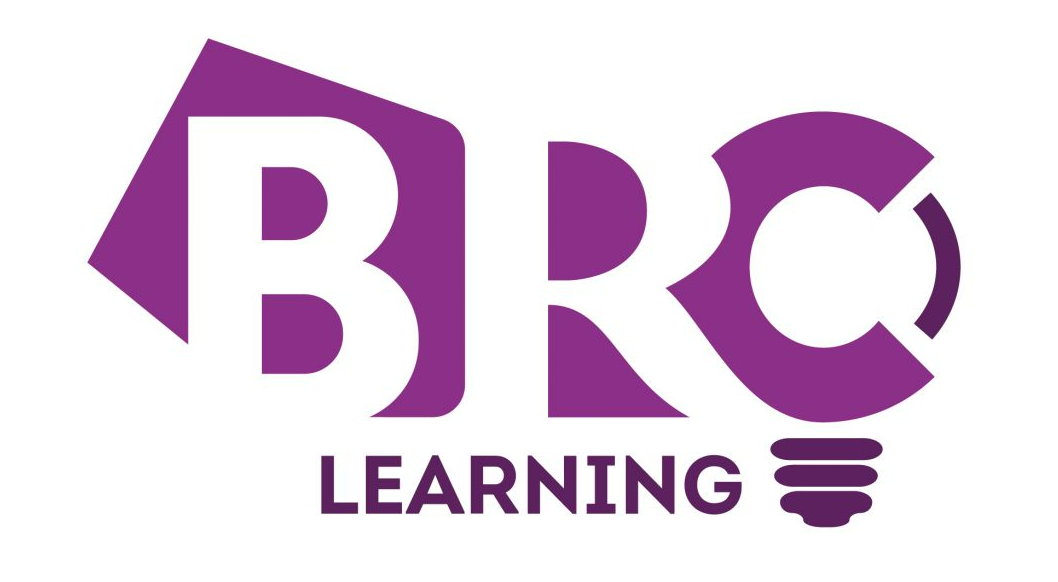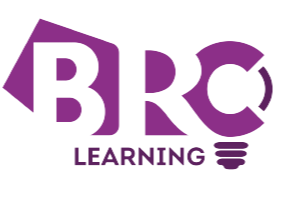Being complacent in the fast-paced world of retail can be dangerous. When retail leaders think their businesses are ahead of the competition, they tend to ease off the accelerator. This mindset, however, can lead to stagnation and vulnerability in an industry known for its constant evolution. This blog post explains why "we're already ahead of our competitors, so we don't need to keep up" is a dangerous fallacy and how continuous improvement, innovation, and adaptability are critical.
The Pitfalls of Complacency
The belief that a business is securely ahead of its competitors can foster complacency. Here are several pitfalls associated with this mindset:
Erosion of Competitive Advantage: Competitive advantages in retail are often temporary. What sets a company apart today might be commonplace tomorrow. Even the biggest retailers can lose market share without innovation and adaptation.
Ignoring Market Trends: The retail landscape is constantly changing due to changes in consumer behavior, technological advancements, and economic factors. You'll miss out on opportunities if you don't stay on top of these trends.
Reduced Motivation for Improvement: Complacency demotivates teams, reducing productivity and creativity. If employees think the company's already great, they won't push for improvements.
Vulnerability to Disruption: Retail is ripe for disruption, with new entrants and innovative business models often shaking things up. A company that rests on its laurels is especially likely to be outpaced by a competitor who is more agile and forward-thinking.
Erosion of Competitive Advantage: Competitive advantages in retail are often temporary. What sets a company apart today might be commonplace tomorrow. Even the biggest retailers can lose market share without innovation and adaptation.
Ignoring Market Trends: The retail landscape is constantly changing due to changes in consumer behavior, technological advancements, and economic factors. You'll miss out on opportunities if you don't stay on top of these trends.
Reduced Motivation for Improvement: Complacency demotivates teams, reducing productivity and creativity. If employees think the company's already great, they won't push for improvements.
Vulnerability to Disruption: Retail is ripe for disruption, with new entrants and innovative business models often shaking things up. A company that rests on its laurels is especially likely to be outpaced by a competitor who is more agile and forward-thinking.
The Importance of Continuous Learning and Development
Retail Leadership Development: Invest in leadership development programmes that challenge senior leaders to think critically and strategically. These programmes should focus on enhancing leadership skills specific to the retail industry, fostering a culture of continuous improvement.
Executive Leadership Programmes: Encourage participation in executive leadership programmes that offer insights into emerging trends and best practices. These programmes provide a platform for leaders to exchange ideas and learn from industry experts, keeping them abreast of the latest developments.
Retail Management Training: Implement comprehensive retail management training to ensure leaders are equipped with the knowledge and skills to manage retail operations effectively. This includes training in areas such as supply chain management, customer service, and merchandising.
Leadership Training for Retail Executives: Offer targeted leadership training for retail executives to enhance their strategic thinking and decision-making capabilities. This training should cover topics like transformational leadership in retail and retail operations leadership, preparing leaders to navigate complex challenges.
Executive Leadership Programmes: Encourage participation in executive leadership programmes that offer insights into emerging trends and best practices. These programmes provide a platform for leaders to exchange ideas and learn from industry experts, keeping them abreast of the latest developments.
Retail Management Training: Implement comprehensive retail management training to ensure leaders are equipped with the knowledge and skills to manage retail operations effectively. This includes training in areas such as supply chain management, customer service, and merchandising.
Leadership Training for Retail Executives: Offer targeted leadership training for retail executives to enhance their strategic thinking and decision-making capabilities. This training should cover topics like transformational leadership in retail and retail operations leadership, preparing leaders to navigate complex challenges.
Fostering a Culture of Innovation
Innovation is the key to sustained competitive advantage. It's up to senior leaders to foster an innovation culture. It's easy:
Encourage Experimentation: Make sure failure is seen as a learning opportunity and experimentation is encouraged. Having this mindset promotes creativity and new ideas that can drive the business forward.
Invest in Technology: Invest in up-to-date technologies that boost efficiency, customer experience, and data-driven decisions. Artificial intelligence, machine learning, and advanced analytics are reshaping retail and should be leveraged to stay competitive.
Customer-Centric Approach: Understanding and anticipating customer needs is key. Incorporate customer feedback and data analytics into product development, marketing strategies, and service improvements. Customer-centricity keeps the business relevant and responsive.
Cross-Functional Collaboration: Collaboration across different functions is key. By bringing diverse perspectives and expertise, cross-functional teams can come up with more innovative solutions that service the organisation.
Encourage Experimentation: Make sure failure is seen as a learning opportunity and experimentation is encouraged. Having this mindset promotes creativity and new ideas that can drive the business forward.
Invest in Technology: Invest in up-to-date technologies that boost efficiency, customer experience, and data-driven decisions. Artificial intelligence, machine learning, and advanced analytics are reshaping retail and should be leveraged to stay competitive.
Customer-Centric Approach: Understanding and anticipating customer needs is key. Incorporate customer feedback and data analytics into product development, marketing strategies, and service improvements. Customer-centricity keeps the business relevant and responsive.
Cross-Functional Collaboration: Collaboration across different functions is key. By bringing diverse perspectives and expertise, cross-functional teams can come up with more innovative solutions that service the organisation.
Embracing Strategic Leadership in Retail
Strategic leadership involves looking beyond the immediate horizon and preparing for future challenges and opportunities. Senior leaders must adopt a forward-thinking approach that prioritises long-term success over short-term gains. Here are some key elements of strategic leadership in retail:
Visionary Thinking: Make sure your business vision aligns with market trends and consumer expectations. Long-term goals should be inspired and guided by this vision.
Agility and Adaptability: Foster a culture of agility and adaptability, so the organisation can pivot quickly when the market changes. Flexible processes, empowered teams, and a willingness to embrace change are key.
Sustainable Practices: Make sure your business strategy incorporates sustainability. Brands that are environmentally and socially responsible are becoming more popular. Long-term business viability is enhanced by sustainable practices.
Continuous Improvement: Adopt a continuous improvement mindset at all levels. Regularly review and refine processes, products, and services to ensure they're as good as they can be.
Visionary Thinking: Make sure your business vision aligns with market trends and consumer expectations. Long-term goals should be inspired and guided by this vision.
Agility and Adaptability: Foster a culture of agility and adaptability, so the organisation can pivot quickly when the market changes. Flexible processes, empowered teams, and a willingness to embrace change are key.
Sustainable Practices: Make sure your business strategy incorporates sustainability. Brands that are environmentally and socially responsible are becoming more popular. Long-term business viability is enhanced by sustainable practices.
Continuous Improvement: Adopt a continuous improvement mindset at all levels. Regularly review and refine processes, products, and services to ensure they're as good as they can be.
Conclusion
Write your awesome label here.
BRC Leaders Summer School
Ready to be a self-aware leader? We're starting a movement called BRC Leaders Summer School.This is more than a leadership programme - we're creating changemakers with the knowledge and skills to solve today's problems.
Stay informed. Sign up today.
Thank you!


